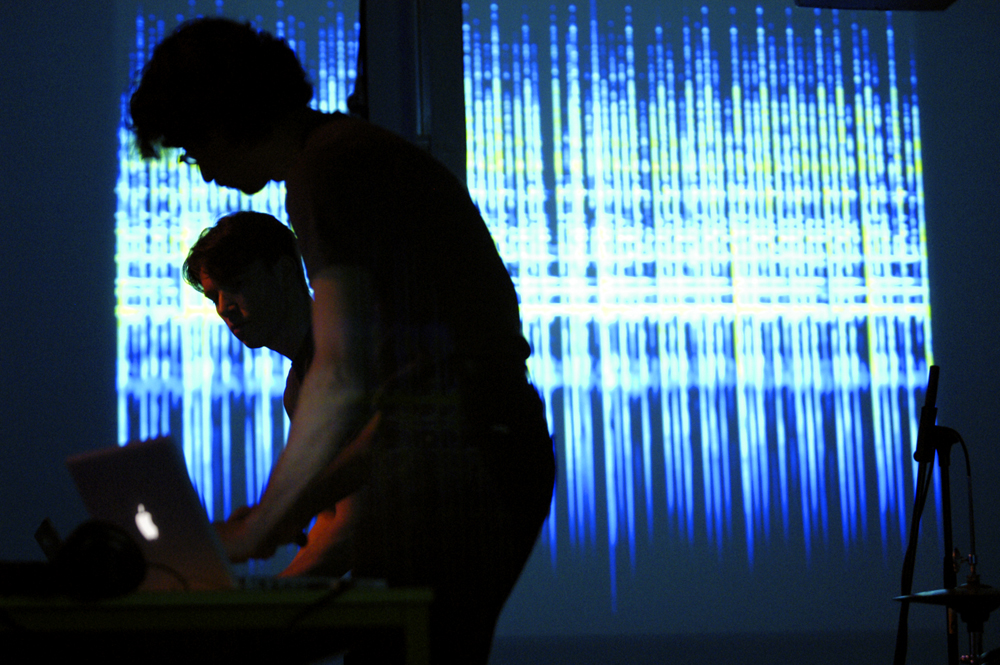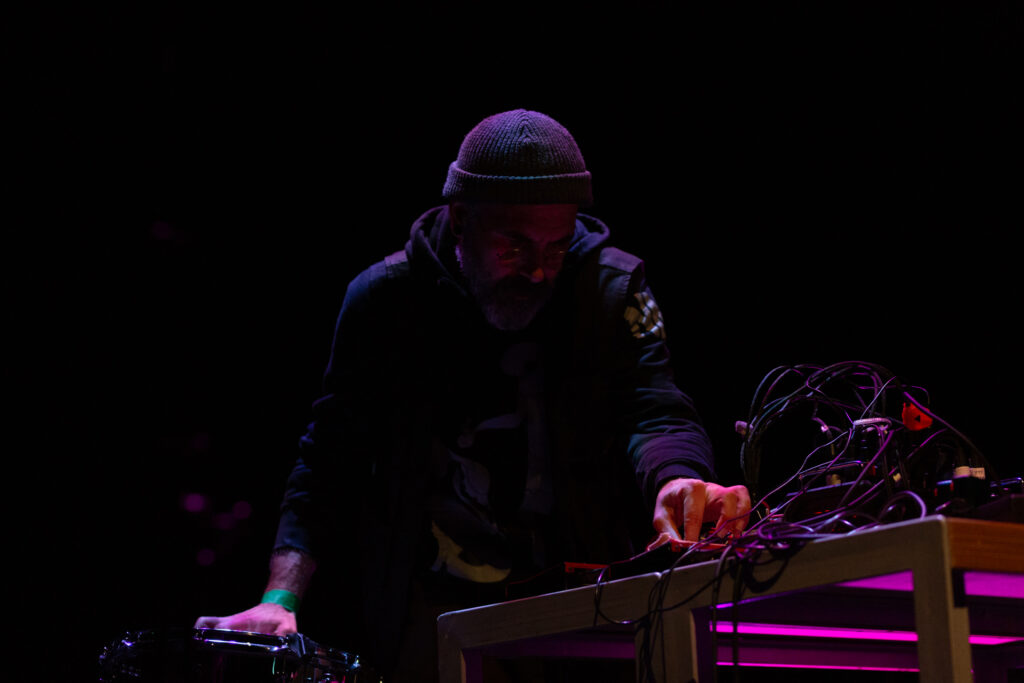
I Have Never Seen a Situation So Dismal That a Policeman Couldn’t Make It Worse
Not One Rogue Cop
A space to reflect on our own experiences with the police and explore more community and care-based ways of dealing with violence and difficulties in our lives.













